Breaking news
Updated: May 14, 2012 (Initial publication: May 6, 2012)
Breaking news
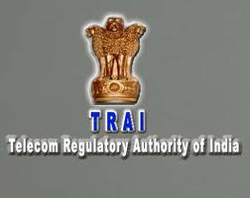
Updated: May 14, 2012 (Initial publication: May 8, 2012)
Breaking news
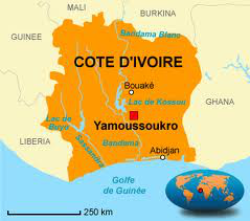
Updated: May 14, 2012 (Initial publication: May 7, 2012)
Breaking news

Updated: May 10, 2012 (Initial publication: May 5, 2012)
Breaking news

Updated: May 9, 2012 (Initial publication: April 11, 2012)
Breaking news

Updated: May 9, 2012 (Initial publication: April 12, 2012)
Breaking news

Updated: May 9, 2012 (Initial publication: April 13, 2012)
Breaking news
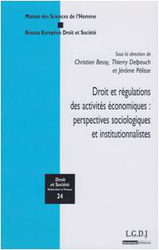
Updated: May 9, 2012 (Initial publication: April 14, 2012)
Breaking news

Updated: May 9, 2012 (Initial publication: April 15, 2012)
Breaking news

Updated: May 9, 2012 (Initial publication: April 17, 2012)
Breaking news

Updated: May 9, 2012 (Initial publication: April 17, 2012)
Breaking news

Updated: May 9, 2012 (Initial publication: April 18, 2012)
Breaking news

Updated: May 9, 2012 (Initial publication: April 19, 2012)
Breaking news

Updated: May 9, 2012 (Initial publication: April 20, 2012)
Breaking news

Updated: May 9, 2012 (Initial publication: April 23, 2012)
Breaking news

Updated: May 9, 2012 (Initial publication: April 24, 2012)
Breaking news

Updated: May 9, 2012 (Initial publication: April 25, 2012)
Breaking news
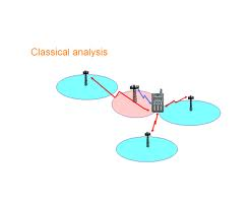
Updated: May 9, 2012 (Initial publication: April 26, 2012)
Breaking news

Updated: May 9, 2012 (Initial publication: April 27, 2012)
Breaking news

Updated: May 9, 2012 (Initial publication: April 29, 2012)
Breaking news
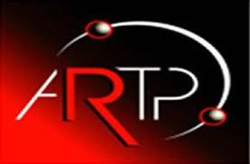
Updated: May 9, 2012 (Initial publication: April 30, 2012)
Breaking news

Updated: May 9, 2012 (Initial publication: May 3, 2012)
Breaking news
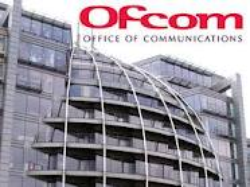
Updated: May 9, 2012 (Initial publication: May 4, 2012)
Breaking news

